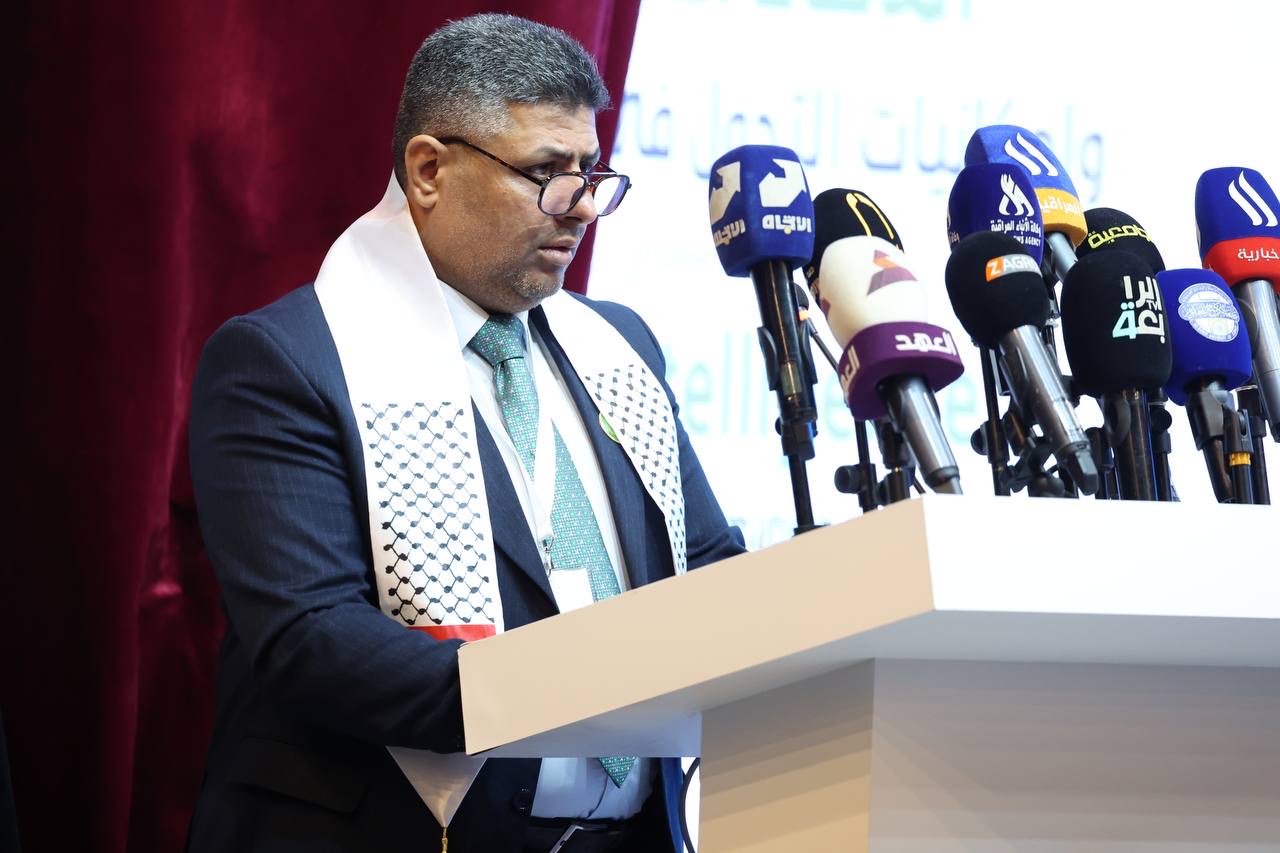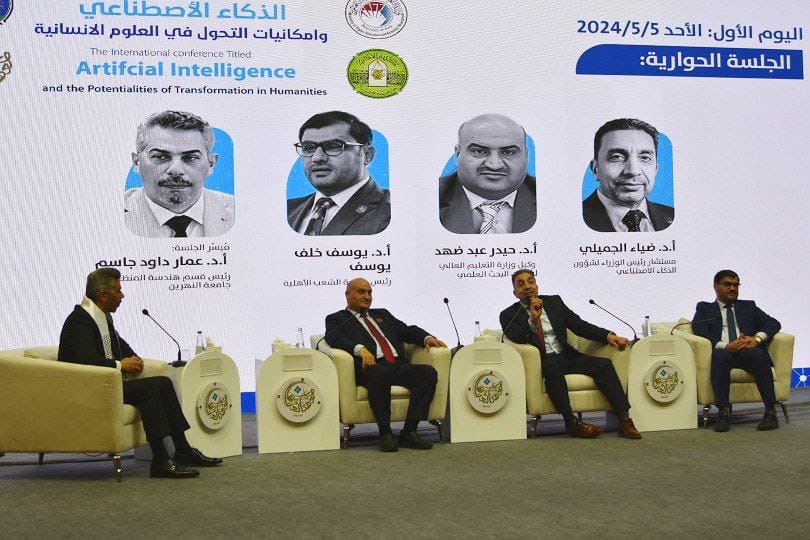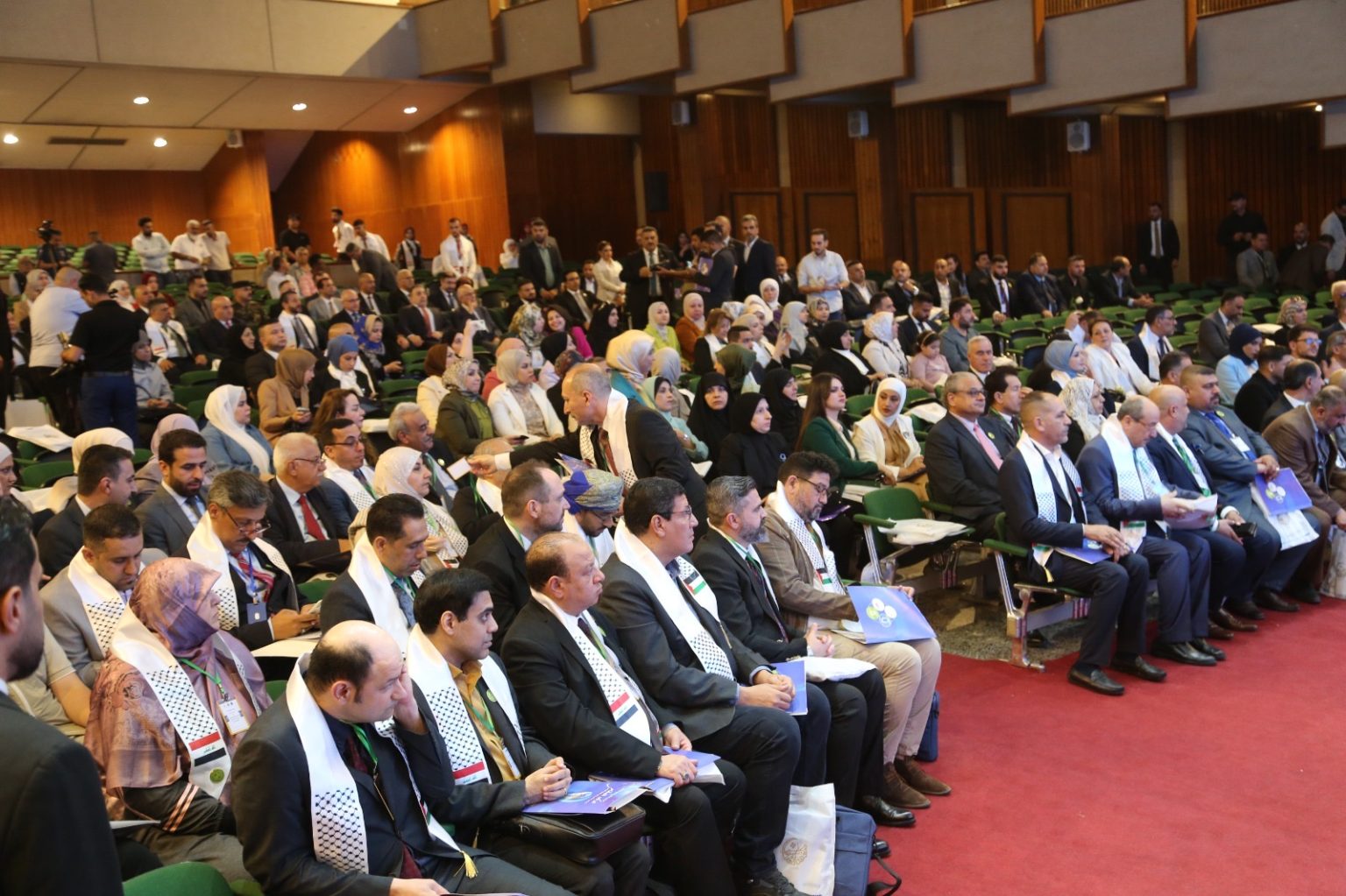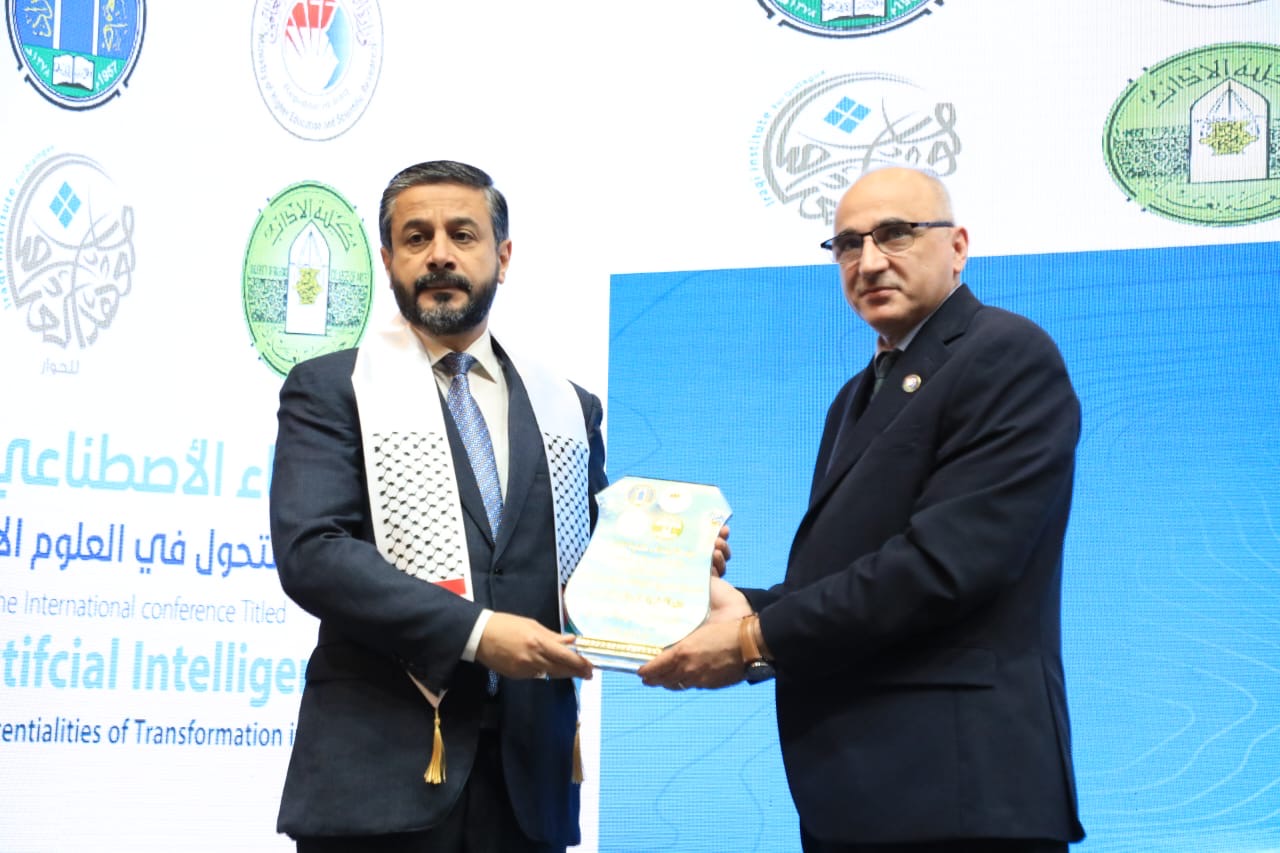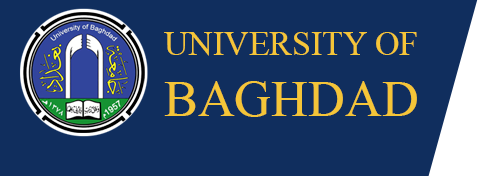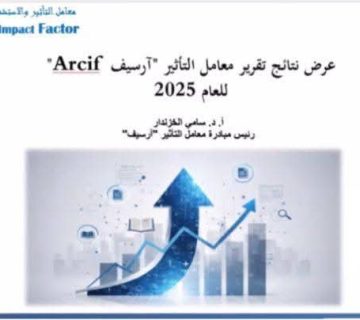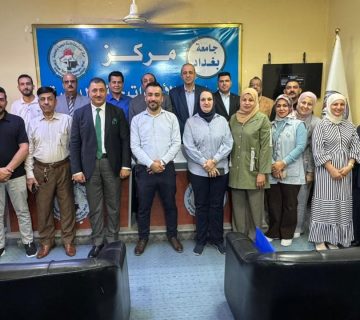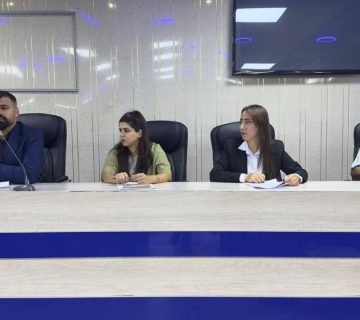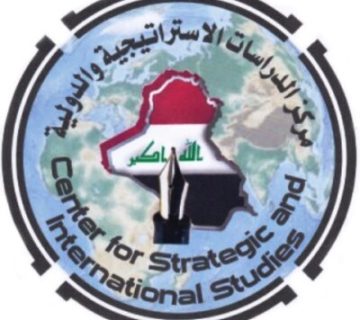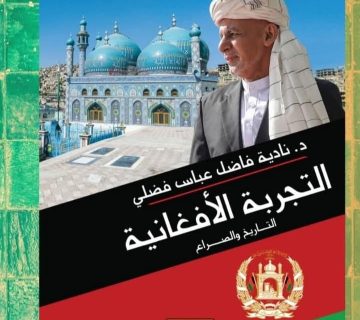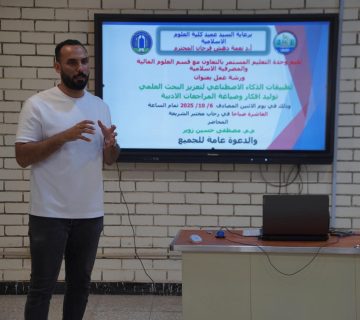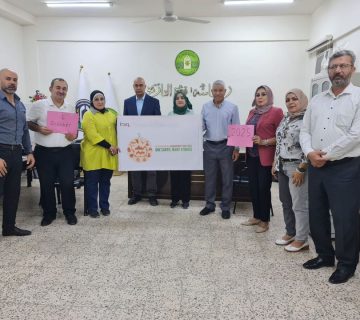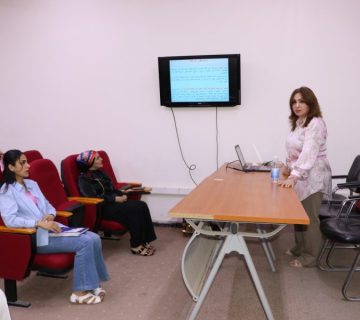The College of Arts at the University of Baghdad organized its inaugural international conference on Artificial Intelligence and the Feasibility of Transformation in the Humanities. The event was graced by the presence of the Minister of Higher Education and Scientific Research, Dr. Naim Al-Aboudi, and the President of the University of Baghdad, Prof.Dr.Bahaa Ibraheem Ansaf, alongside numerous officials and representatives from both Arab and local universities.
The opening session of the conference, which lasted for two days, encompassed dialogues and scholarly sessions featuring participation from esteemed international researchers. Topics discussed ranged from the practical applications of Artificial Intelligence in climate research and the electronic Babylonian Library platform—facilitating the reading and reconstruction of cuneiform texts aided by Artificial Intelligence—to the challenges posed by philosophical discourse in the digital era, generative modeling, spectral indices for the identification of sand dunes utilizing satellite imagery, and the prospective role of Artificial Intelligence in shaping the future landscape of scientific research. Additionally, discussions delved into the integration of Artificial Intelligence within contemporary Japanese literature, as well as its utilization in psychological research.
In a speech, Al-Aboudi, emphasized the ministry’s focus on enhancing the internal efficiency of Iraqi universities by leveraging digital technologies, which have become integral to the knowledge society. He highlighted the utilization of artificial intelligence technology to foster the quality of educational resources and scientific research platforms.
Meanwhile, Prof.Dr.Bahaa Ibraheem Ansaf, clarified the importance of safe and ethical use of artificial intelligence as a tool of the era, which will promote progress and prosperity for humanity. He underscored that universities will serve as focal points of change, necessitating the development of a clear strategy for the gradual transition towards the concepts of artificial intelligence usage.
In turn Prof.Dr. Ali Abdul Amir, Dean of the College of Arts, emphasized the university’s commitment to the effective and secure deployment of artificial intelligence applications, which are essential for contributing to the modernization of scientific research and safeguarding against unlawful and unethical use.
